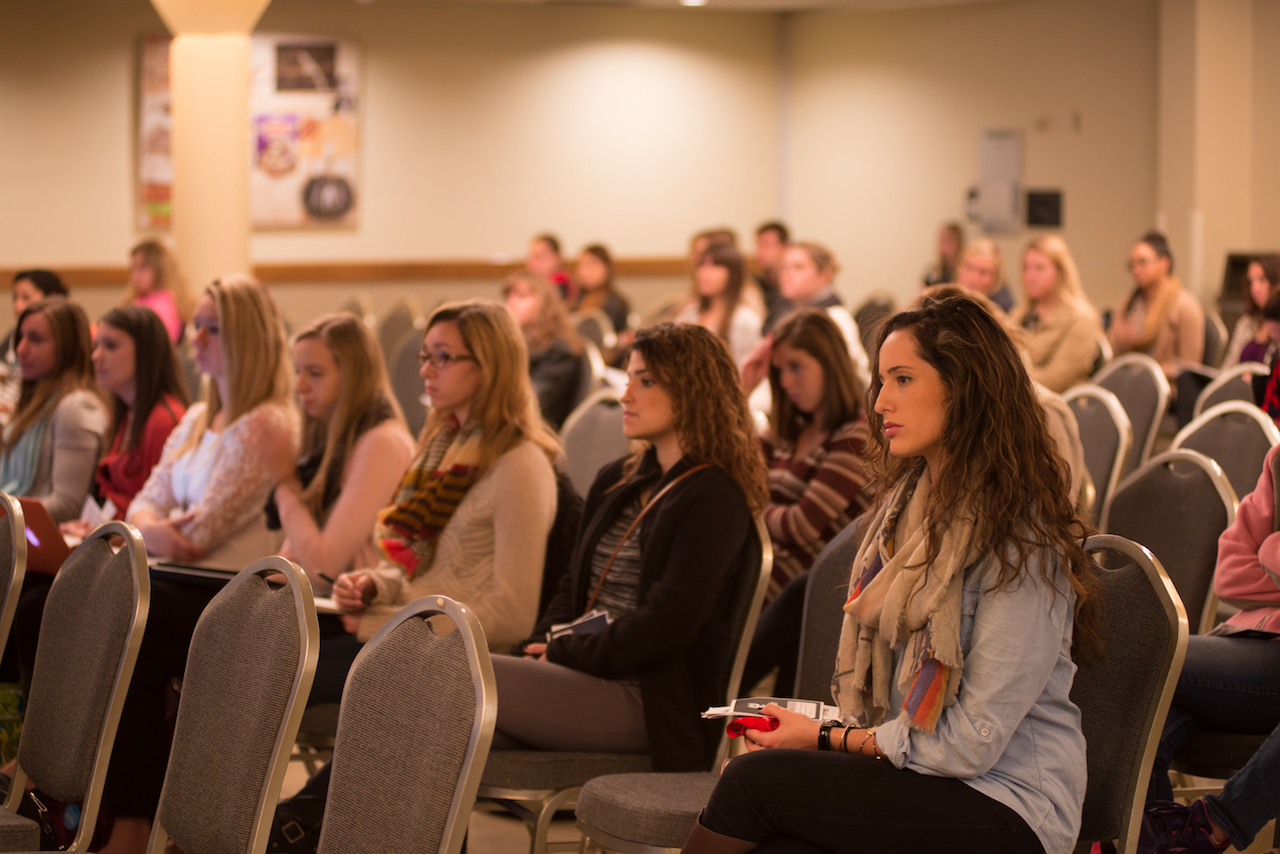The following is a list of recent resources for those focused on the professional improvement of teachers, principals, and other educational leaders.
How Do We Motivate Young Leaders? Jim Collins presents a talk specifically with young leaders in mind. I believe questions are better than answers, so I organized this talk in the form of Seven Questions. The aim is to challenge and guide leaders under the age of 35 to grow into the great Level 5 leaders that our world needs.
Why We Should Train Teachers Like We Train Doctors. Teaching candidates need more of an upfront investment, so say administrators from the Bank Street College of Education in a New York Times op-ed. The writers share the benefits of yearlong co-teaching residencies, where candidates work alongside accomplished teachers while studying child development and teaching methods. They suggest that much of the money to sustain these programs could come from reallocating existing funding from professional development, substitute teachers, and teaching assessments.
Chock Full of Data: How School Districts Are Building Leader Tracking Systems to Support Principal Pipelines. A Wallace Story From the Field describes how six districts have developed data systems to help them better train, hire and support school principals.
Five Things School Leaders Do That Make a Big Difference For Teachers. Learning Forward Executive Director Stephanie Hirsh shares research on what system and school leaders do that teachers find most helpful in their efforts to ensure high-quality instruction for all.
Building Principal Support Systems: Partnerships and Policy Strategies for State Education Agencies. State education agencies (SEAs) have indicated that support for principals is a top priority of their agencies and critical to advancing implementation of important initiatives and increasing student achievement. To assist states in defining their role in principal support and professional learning, CCSSO’s Implementing College and Career Standards (ICCS) collaborative and National and State Collaborative on Educator Effectiveness (NSCEE) have jointly developed this action and recommendation guide. The document includes a series of actions, recommendations, short case studies, and resources that provide guidance for state agencies on enhancing or implementing systems of principal support and professional learning that are based on the Professional Standards for Education Leaders 2015.
OR Districts See Benefits of Teacher Leadership Focus : Small, rural school districts in Oregon have historically lost some of their best teachers to nearby city districts that can pay more. But a focus on teacher leadership in some of these rural districts seems to be making them increasingly competitive. (Education Dive, July 26). Also a related ECS Resource: State Information Request: Strategies for Recruiting Teachers to Rural Areas.
Raising the Bar, a WestEd project, provides free tools for planning highly effective professional development, opportunities to collaborate, highlighted events, and services that can help educators with Common Core implementation efforts in English language arts and mathematics. Raising the Bar released new blog posts and collections of videos that include posts on English language learners and analyzing performance tasks.
Research on Mathematics Teaching and Learning: The Institute of Education Sciences (IES) has released a synthesis of research it has funded on mathematics teaching and learning. The publication, Synthesis of IES- Funded Research on Mathematics: 2002-2013, is available on the IES website. This synthesis reviews published papers on IES-supported research from projects awarded between 2002 and 2013. The authors identified 28 specific contributions that IES-funded research made to support mathematics learning and teaching from kindergarten through secondary school. The publication organizes the contributions by topic and grade level.
New Models of Professional Learning: Why Now Is the Time to Invest in Different Solutions. ISTE’s Yolanda Ramos talks about her organization’s efforts to advance teacher quality through team-based professional learning.
What Makes a 21st Century Measure of Effective Teaching? The Partnership for 21st Century Learning explores what teachers can do to ensure students are ready for tomorrow’s careers.
What to Know, What to Read, and How to Create Change. ASCD’s flagship magazine, Educational Leadership, tackles the topic of “How to Be a Change Agent” in its summer issue and features contributions from educators including 2015 National Teacher of the Year Shanna Peeples and Maddie Fennell, ED’s Teacher Leader in Residence. The contributors look at the complex situations our schools and the teaching profession face and ask, “What must be changed?” and “How can we improve on what we do?” ASCD also has a summer reading list for educators, with recommendations on books for all different needs, including redefining student success, and teaching and learning.
Listen to Us: Teacher Views and Voices: The Center for Education Policy (CEP) surveyed a nationally representative sample of public school teachers to learn their views on the teaching profession, state standards and assessments, testing, and teacher evaluations. The report, Listen to Us: Teacher Views and Voices, summarizes these survey findings.
How Colleges Use Integrated Planning and Advising for Student Success (iPASS) to Transform Student Support. This paper examines how technology-mediated advising changes can improve student outcomes. The authors conceptualize changes as occurring along three interrelated dimensions of organizational functioning – structural, process, and attitudinal – and identify conditions that encourage or discourage transformation using data from six colleges deploying integrated planning and advising for student success (iPASS). Three of the six colleges made steps toward transforming their student support delivery. Four contextual features appear to underpin colleges’ likelihood of transformative reform: technology and vendor relationships, reform vision and rationale, leadership, and the college’s orientation toward student success. (Source: Community College Research Center).
There Is A Shortage of Male Teachers of Color. NYC Is Working to Fix That. For 2016, NYC Men Teach program leaders hope to add 300 more men of color to the teacher pipeline than what is typical in a given year. To do this, representatives have plastered subways with advertisements, sent recruiters to cities around the country, and partnered with Teach for America. (Huffington Post, July 25).

